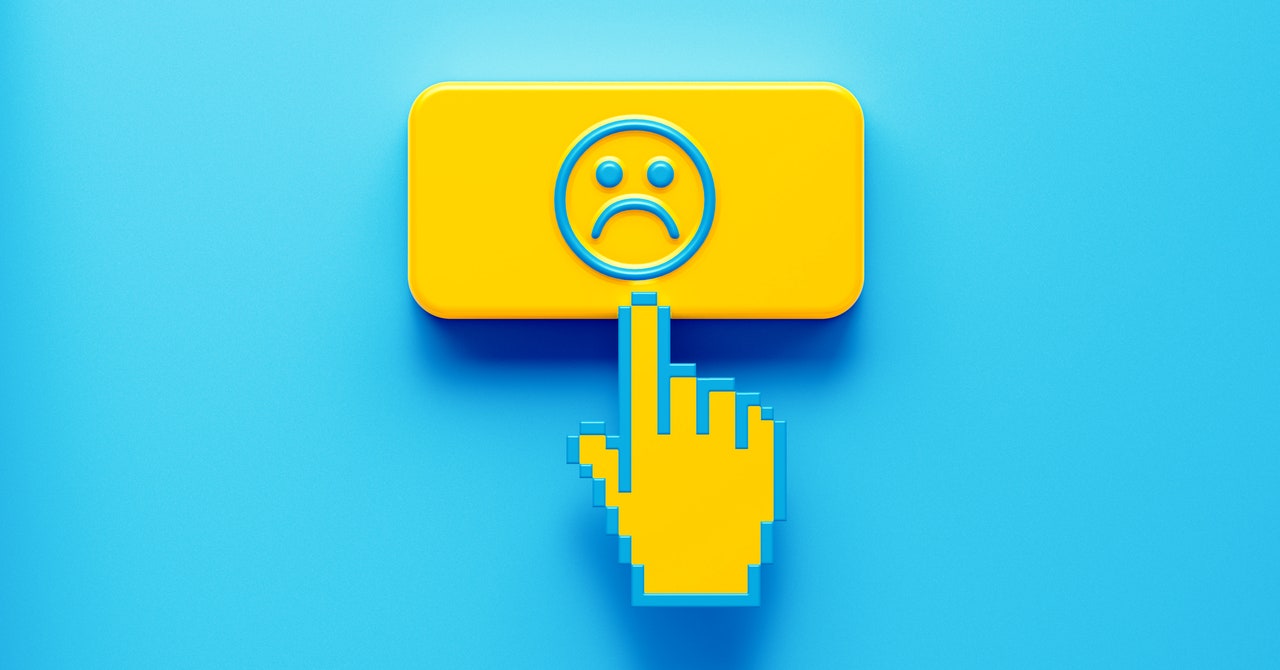When Elon Musk took over Twitter in October 2022, consultants warned that his proposed modifications — together with decreased content material moderation and a subscription-based verification system — would result in a mass exodus of customers and advertisers. A 12 months later, these predictions have largely come true. Promoting revenues on the platform have decreased 55 p.c since Musk’s acquisition, and the variety of every day energetic customers He falls From 140 million to 121 million in the identical time interval, in accordance with third-party analyses.
As customers transfer to different on-line areas, the previous 12 months might have been a second for different social media platforms to alter the best way they acquire and defend consumer knowledge. “Sadly, it appears that evidently it doesn’t matter what their pursuits or cultural tone are from the beginning of their firm, it isn’t sufficient to maneuver a whole discipline away from an excessive, voracious method to our knowledge,” says coverage professional Jenna Ruddock. Board at Free Press, a non-profit media watchdog group, and lead writer on New report Inspecting Bluesky, Mastodon, and Meta’s Threads, all of which competed to fill the void left by Twitter, now referred to as X.
Corporations like Google, X, and Meta acquire large quantities of consumer knowledge, partly to raised perceive and enhance their platforms however largely to have the ability to promote focused adverts. However amassing delicate details about customers’ race, ethnicity, gender, or different identifiers can put folks in danger. For instance, earlier this 12 months, Meta and the US Division of Justice reached an settlement Colony After it emerged that the corporate’s algorithm allowed advertisers to take action Exclude Sure ethnic teams are much less more likely to see adverts for issues like housing, jobs, and monetary providers. In 2018, the corporate took a beating $5 billion fine –One of many largest investigations in historical past – after an FTC investigation discovered a number of situations of the corporate failing to guard consumer knowledge, on account of an investigation into knowledge shared with a British consulting agency. Cambridge Analytica. (Since useless Changes have been made For a few of these advert focusing on choices.)
“There’s a very robust corollary between the information collected about us and the automated instruments utilized by platforms and different providers, which frequently result in discriminatory outcomes,” says Nora Benavidez, director of digital justice and civil rights on the Free Press. “And when that occurs, there’s actually no recourse apart from litigation.”
Even for customers who wish to choose out of predatory knowledge assortment, privateness insurance policies stay complicated and ambiguous, and plenty of customers shouldn’t have the time or authorized information to research them. At greatest, Benavidez says, customers can see what knowledge will not be collected, “however in both case, it is customers’ accountability to scrutinize the insurance policies, and attempt to perceive what’s truly occurring with their knowledge,” she says. . “I am involved that these company practices and insurance policies are outrageous and complicated sufficient that folks do not actually perceive the dangers.”
In accordance with the report, Mastodon affords customers essentially the most safety, as a result of it doesn’t acquire delicate private data or geolocation knowledge and doesn’t monitor consumer exercise outdoors of the platform, at the very least not on the platform’s digital server. Different servers — or “situations” in Mastodon parlance — can set their very own privateness and moderation insurance policies. Bluesky, based by Twitter co-founder and former CEO Jack Dorsey, additionally would not acquire delicate knowledge however tracks consumer habits throughout different platforms. However there aren’t any legal guidelines requiring platforms like Bluesky and Mastodon to keep up their privateness insurance policies on this manner. “Individuals could check in with sure privateness expectations that they might really feel happy with the privateness coverage or disclosures,” Ruddock says. “And that may nonetheless change over time. And I believe that is what we’ll see with a few of these rising platforms.”
(Tags for translation)Privateness
